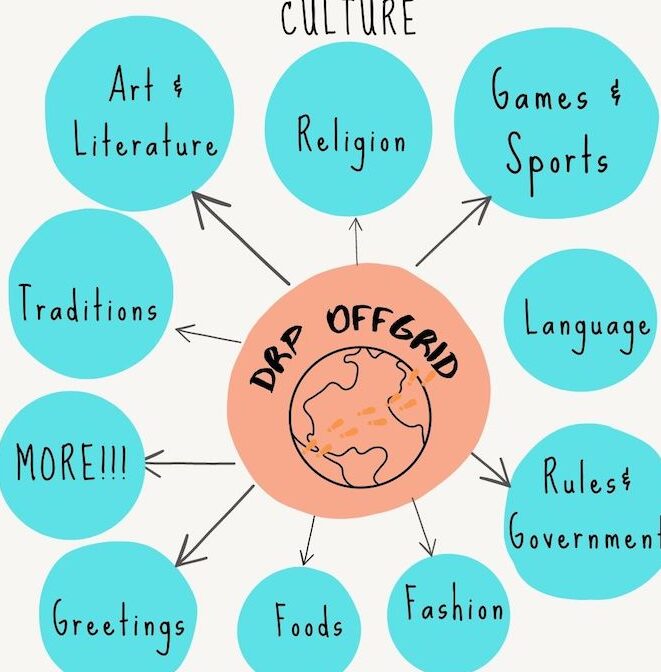
Global Development Education, usually called international development education, aims to improve the lives of others. Development education means enhancing the well-being of individuals. How do we do it? By understanding their surroundings, financial capabilities, health status, social position, political circumstances, natural environment, and most importantly, by having a profound understanding of their culture. By gaining insights into these aspects, we can take action with those in need to work towards achieving equality and improving conditions.
Here is my own definition of global education:
Global Development Education is an approach to education where learning revolves around global justice with the goal to improve people’s lives
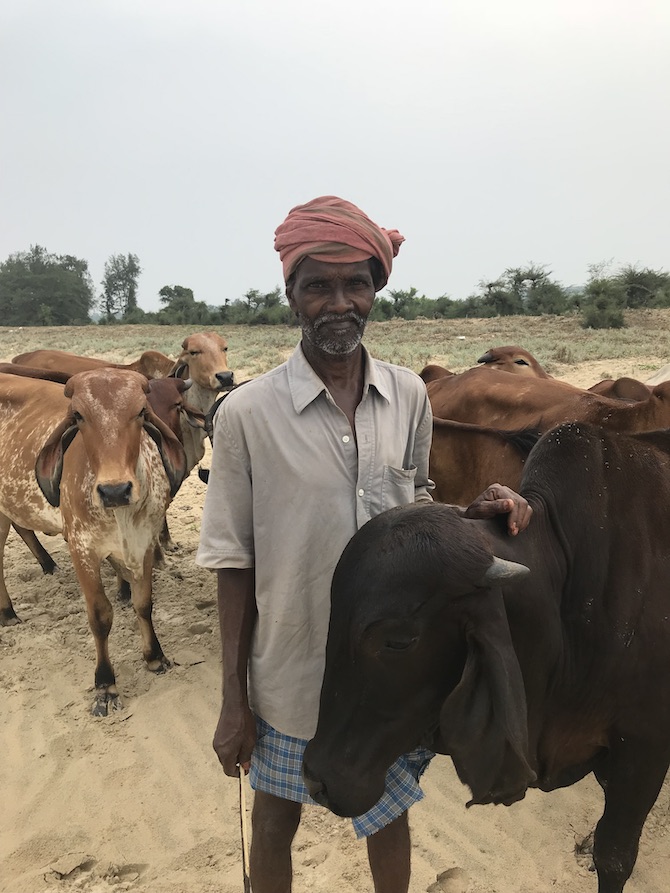
The word “development” means progress and improvement. Development education aims to improve the quality of life. Sometimes, the word development has a negative reputation because people mistakenly associate it with “underdeveloped countries” (a term that should have been abolished a while back). When people hear the term international development, they often think about children going hungry, which unfortunately is true in many cases, and this carries a negative connotation. However, the word development itself has a positive meaning as it strives to empower progress and improve situations. Just as thinking about a “developed child” has a positive connotation, symbolizing growth, the same applies to global development.
Why do we need knowledge about development?
Working towards equity worldwide is a crucial moral imperative. Consider the impact of a struggling country’s economy on a global scale. The depletion of natural resources due to unsustainable practices in impoverished nations can have far-reaching consequences, such as deforestation for profit-driven agriculture, pollution of water sources with harmful chemicals, and air pollution from reliance on firewood for cooking. These actions not only harm the environment but also endanger the health of individuals worldwide. It is imperative to address these issues for the greater good.
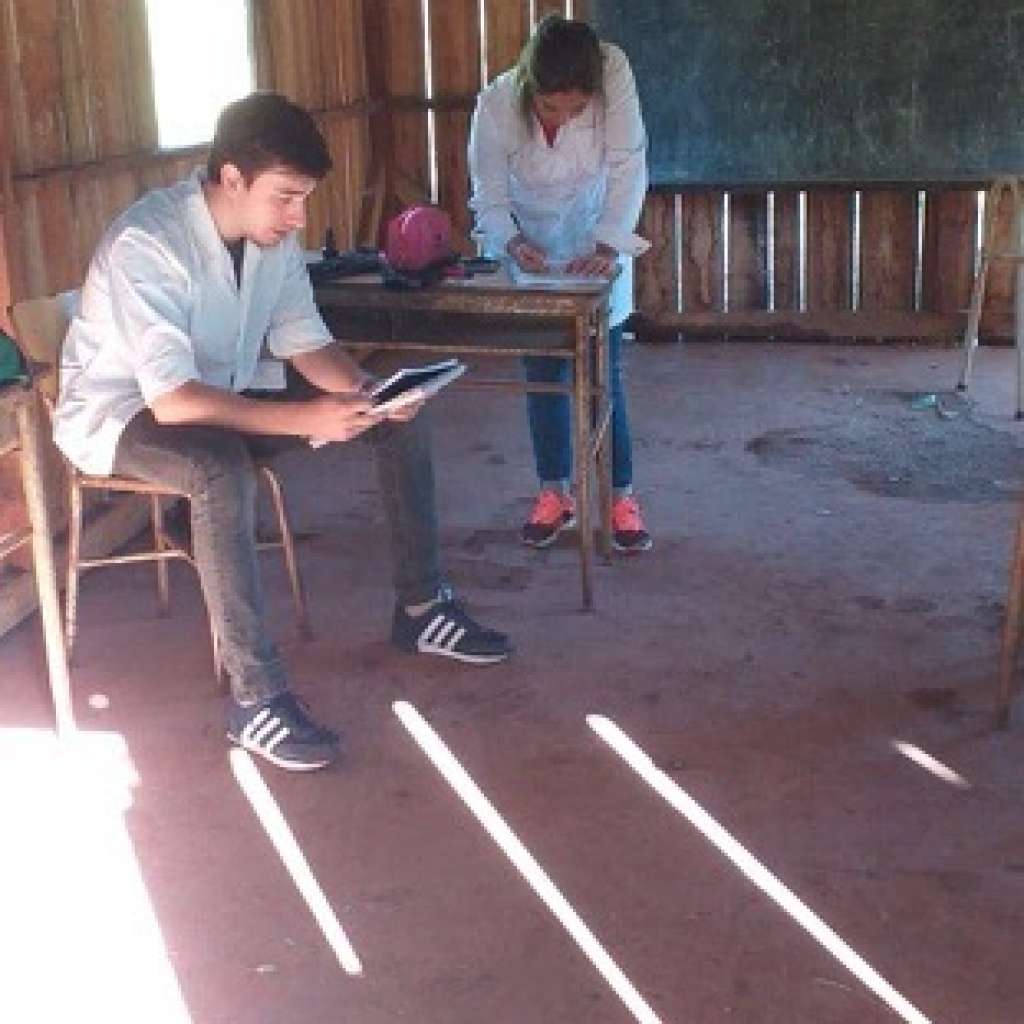

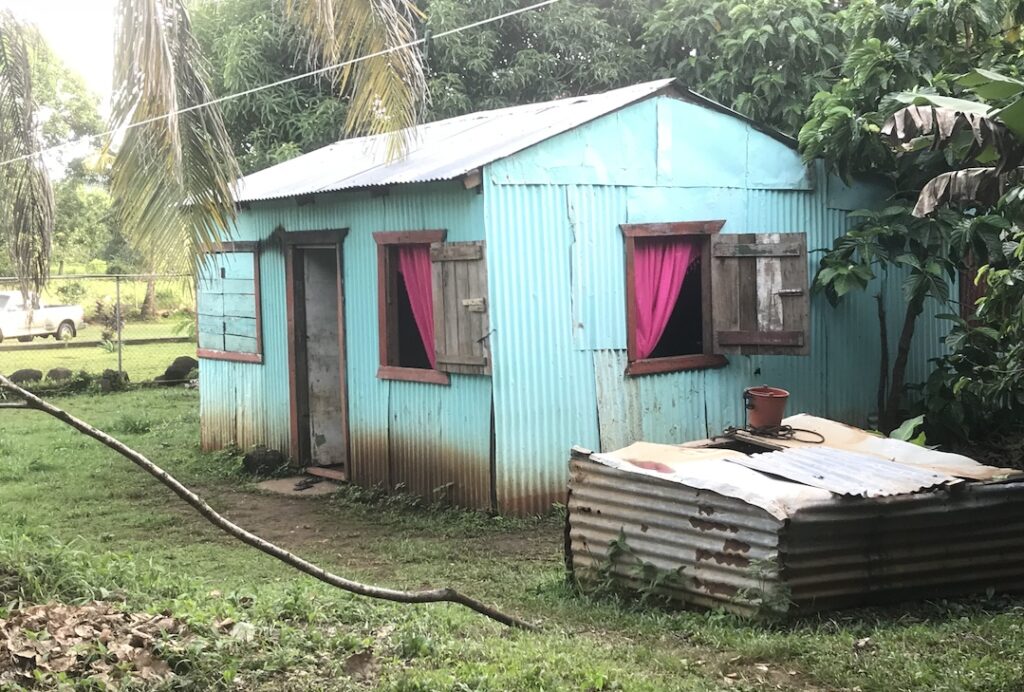
Knowledge about development, when used properly, allows us to shape the world in a positive way. We can all make significant contributions to a better world.

Global Development means working to improve people’s lives through improving the different areas of development
Global/International Development Areas
The title here includes the words “Global” and “International.” International development occurs when two or more nations work on a development issue. On the other hand, global development occurs when the whole world works and/or aims to work on a development issue that needs improvement.
International development is a social science, and it is about time we use its proper terminology. The global/international education development field has a theoretical framework, and accurate use of the right jargon is essential to achieving goals. It is crucial that we stop extrapolating terminology from other fields. In addition, we must stop using the same problem-solving skills that are used in the so-called “developed” part of the world without first utilizing the host culture’s knowledge and its own diagnosis. If we continue to use one part of the world’s terminology and methodology to solve issues, we will keep promoting a colonialist model and only impose limitations on the knowledge base.
There are seven main areas to focus to improve people’s lives, all of which include leveling out inequity
1- Conflict & Disaster Crisis, 2- Culture, 3- Economics, 4- Education, 5- Environment, 6- Gender, 7- Health, 8- Human Rights and Governance
1- CONFLICT & DISASTER CRISIS

Political instability, wars, terrorism, sociopolitical conflicts, climate-related disasters are key areas of humanitarian assistance. Conflict and disaster relief education plays a crucial role in equipping individuals with the necessary knowledge and skills to respond effectively to emergencies and crises. By providing specialized training in areas such as disaster preparedness, humanitarian aid, and conflict resolution, professionals in this field are better equipped to deliver timely and targeted assistance to those in need. Through a combination of theoretical learning and practical exercises, individuals can develop a deep understanding of the complexities of conflict and disaster situations, enabling them to make informed decisions and take swift action when faced with challenging circumstances. Continued education in this field is essential to ensure that responders remain up-to-date with the latest trends and best practices, ultimately enhancing the overall effectiveness and impact of relief efforts.
2- CULTURE

Culture provides a strong sense of identity and is the backbone of people’s values. Understanding and appreciating culture is crucial for building strong relationships and effectively meeting the needs of individuals. Valuing people’s cultural backgrounds fosters acceptance and a sense of belonging. It is essential for cultural professionals to have a thorough understanding of different cultures to work effectively with diverse communities, a critical aspect that is often disregarded. Emphasizing the importance of culture education in international development efforts is crucial for building inclusive societies and ensuring the success of sustainable development goals. As professionals in the field, it is essential to recognize the transformative power of culture education and its significant impact on fostering collaboration, innovation, and mutual respect across borders.

3- ECONOMICS
Improving the economy has been the main focus of development. International development efforts in all areas but in particular in rural areas, are crucial for economic growth. By investing in infrastructure, education, and healthcare, improving countries (so called developing countries) can correct and increase living standards for rural populations. Access to markets and technology can boost agricultural productivity, leading to increased income levels. Sustainable economic development in rural areas is key to reducing poverty and promoting overall prosperity. Effective policies that promote investment, innovation, and trade can drive economic development and enhance the welfare of populations.
The intricate interconnectedness of economies around the world highlights the significance of sustainable development practices. By fostering economic growth, reducing poverty, and promoting social welfare, international development initiatives strive to create a more equitable and prosperous world.
4- EDUCATION
Education provides the opportunity to acquire skills and knowledge that can enhance lives and enable individuals to make choices. Professionals in international development education develop innovative programs to ensure access to education and promote literacy for all. When executed properly, development education is a complex endeavor. Its complexity lies in the integration of knowledge and close collaboration with parents, governments, teacher training, and the provision of textbooks and school supplies, among other elements. All of these components must be tailored to the specific context and resources that validate the social and physical environment. Furthermore, a deep understanding of the local culture is essential for a program to deliver meaningful results to the community. Unfortunately, many organizations enter a country with their own preconceived notions, failing to grasp the true needs of the local population.
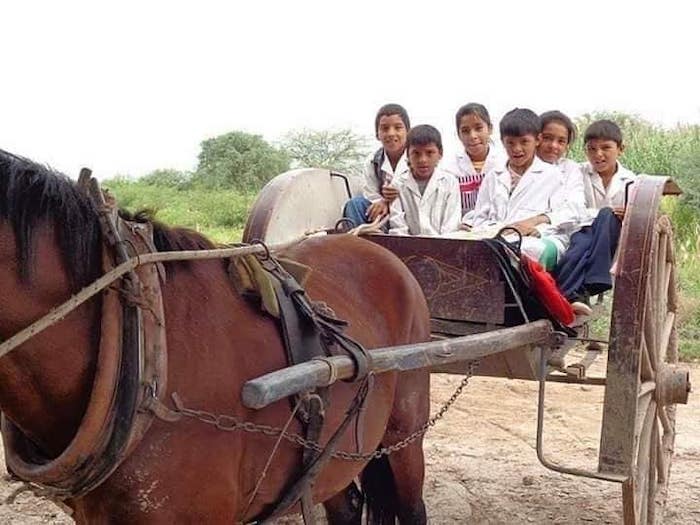
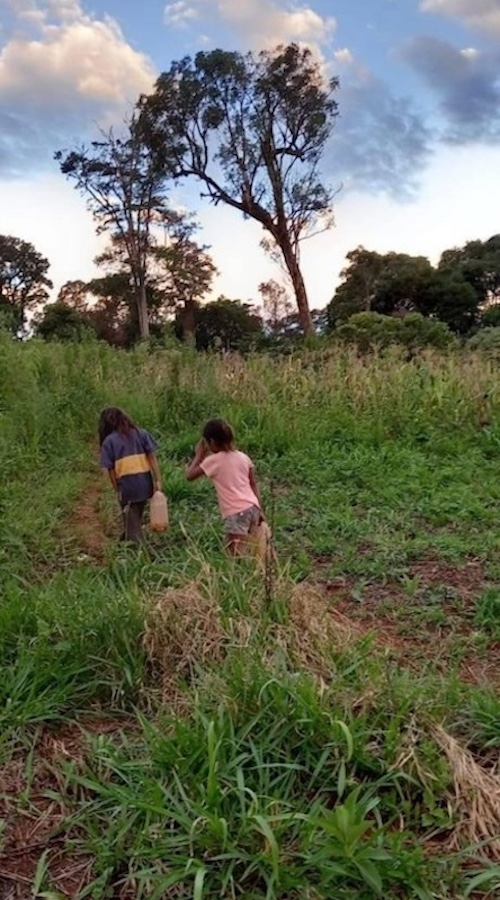
Aboriginal children on their way to get drinking water in Northern Argentina
5- ENVIRONMENT
International development initiatives play a crucial role in addressing the complex interplay between the environment and poverty. It has taken environmental tragedies such as the burning of the Amazon jungle and the immense biodiversity loss to take the issue of the environment more seriously. The development field aims to create educational programs that brings awareness to the issue of the environment. The most ideal approach is to create policies to protect the natural environment, considering the poor and its economic development. By promoting sustainable practices and renewable energy sources, these initiatives not only mitigate environmental degradation but also create economic opportunities for marginalized communities. Investing in green technologies and conservation efforts can enhance resilience to climate change impacts and lift people out of poverty by fostering inclusive growth and reducing inequality. Prioritizing environmentally conscious development strategies is essential for building a more equitable and sustainable future for all.
6- GENDER EQUALITY AND EQUITY
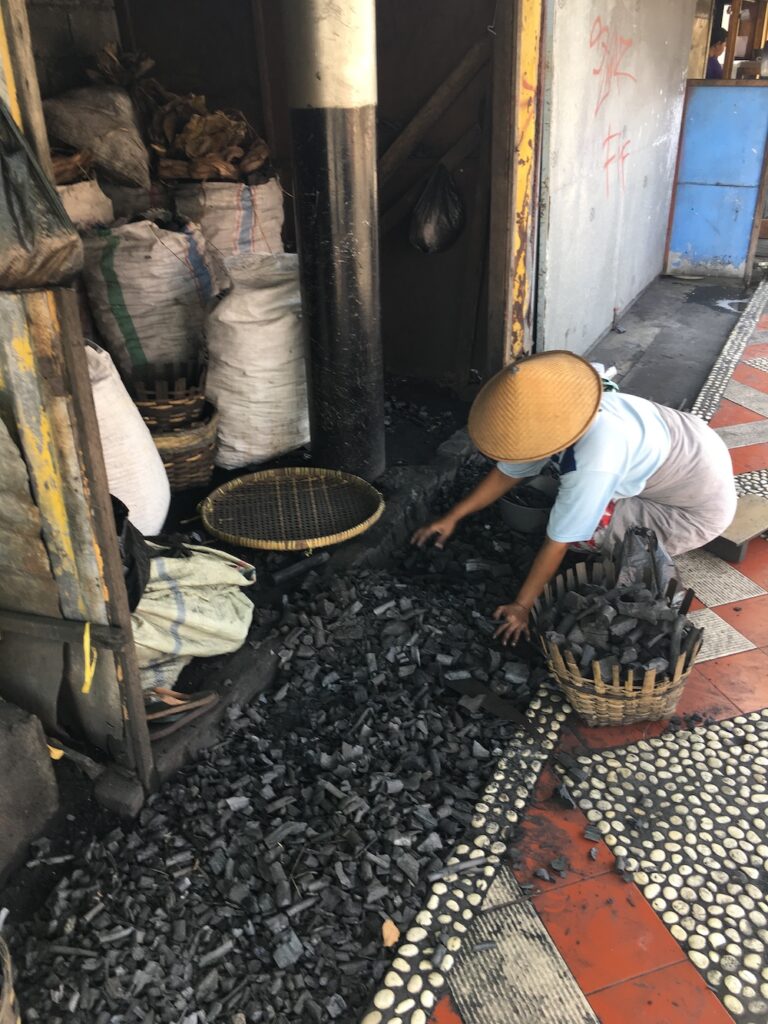
Gender inequality is discrimination against sex or gender. Unfortunately, gender inequality persists in many areas of the world at many levels. In some places, there are expectations of women and their role in society. Programs and policies are created to assist in ending discrimination against women and to provide access to education, health, and work. Other actions are taken to prevent the abuse of women such as income inequality, lack of bodily autonomy, lack of legal protection, decision-making, and mistreatment just to name some. Education and economic empowerments are key topics of development education and a great way to protect women and other genders.
Gender equity plays a crucial role in international development by fostering inclusive and sustainable progress across societies. When initiatives prioritize equal opportunities for all genders, it not only promotes social justice but also drives economic growth and overall well-being. By investing in programs that empower women and promote gender equality, countries can unlock the full potential of their populations.

7- HEALTH
Health plays a crucial role in international development as it directly impacts the overall well-being and productivity of populations. Illl health affects not only families, individuals, and societies but also economies. A poor socioeconomic environment has a deadly effect on individuals who lack access to proper sanitation systems, infrastructure, and healthcare if any. Investing in health programs and healthcare infrastructure can lead to significant improvements in life expectancy, disease prevention, and economic growth in developing countries.Programs and policies to strengthen the healthcare system and to provide access to health is a critical component of international development. Infrastructure, equipment, medicines, qualified healthcare workers, technical supervision, and management are key components in the health care sector’s programs.
8- HUMAN RIGHTS AND GOVERNANCE
The right to ensure all humans’ freedom is essential and a human rights based development is a way to empower people to know and claim their rights. The basic human rights to freedom from slavery, freedom of expression, rights to education to contribute equally to society, and some of the many rights we should ensure for all. International knowledge about policies, government, and administration is essential to work on improving governance (governance is the process of managing a country’s economic and social resources for development).

It’s a shame that the distribution of resources for assistance often has political motives behind it. This results in resources not reaching those who truly need them, and in some cases, resources being squandered.

